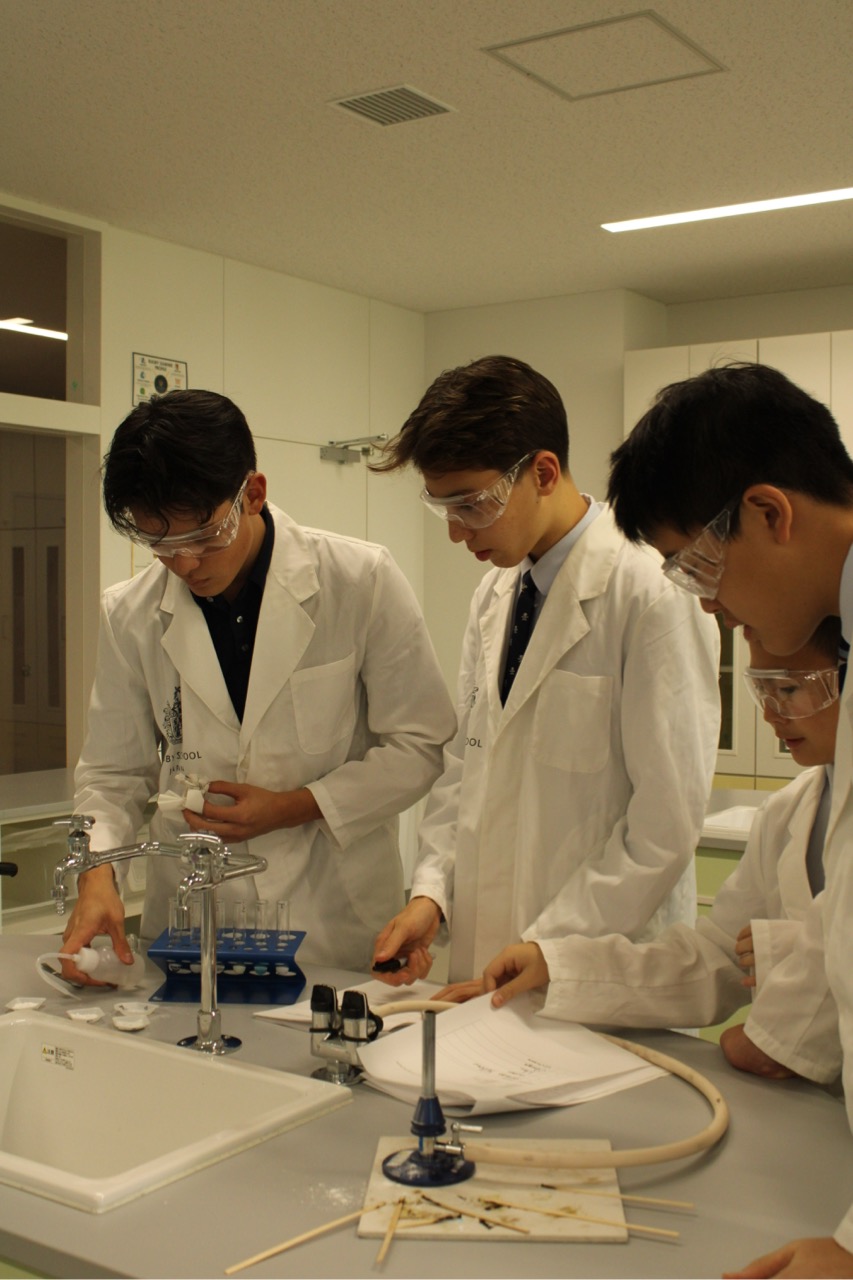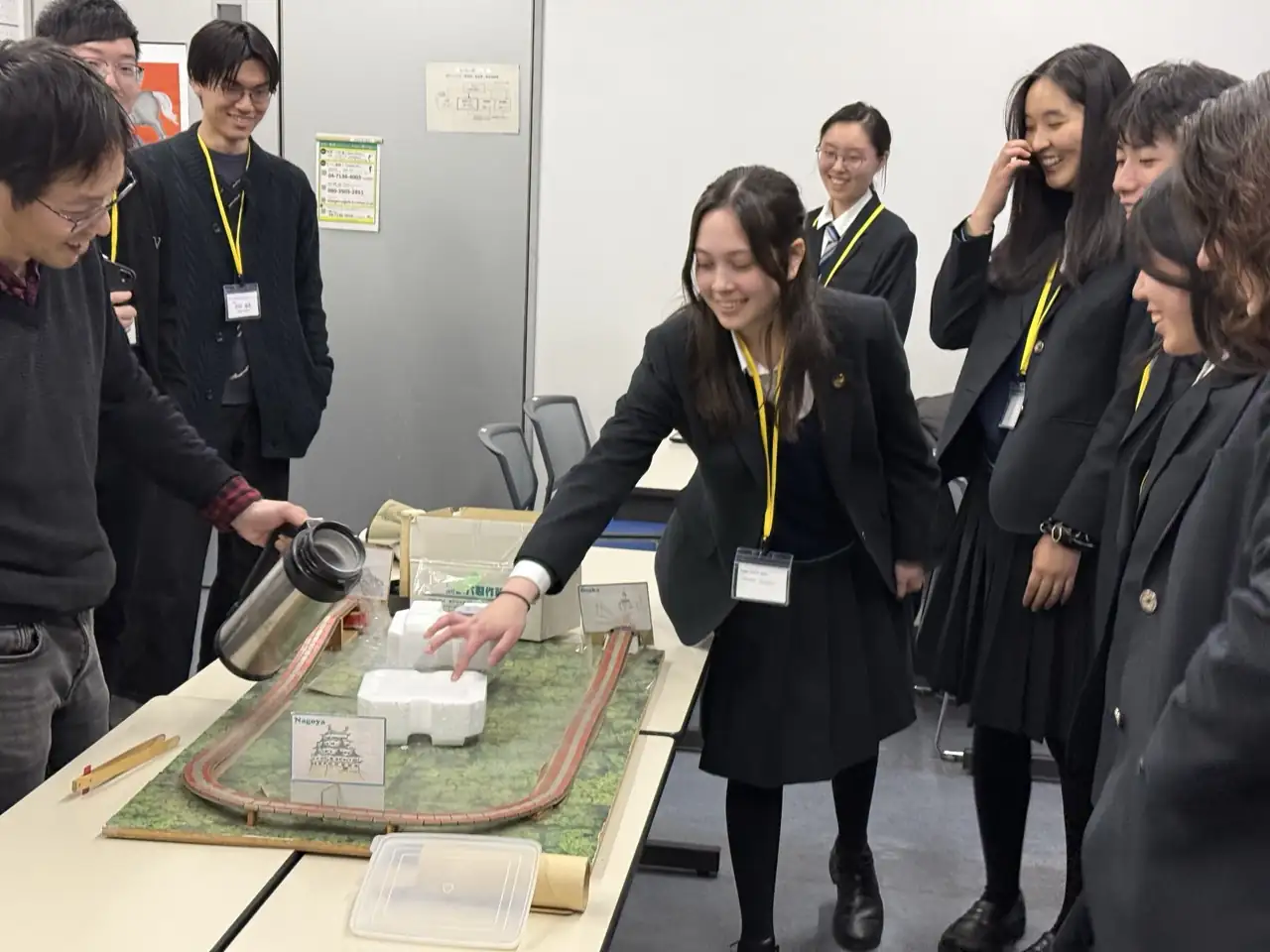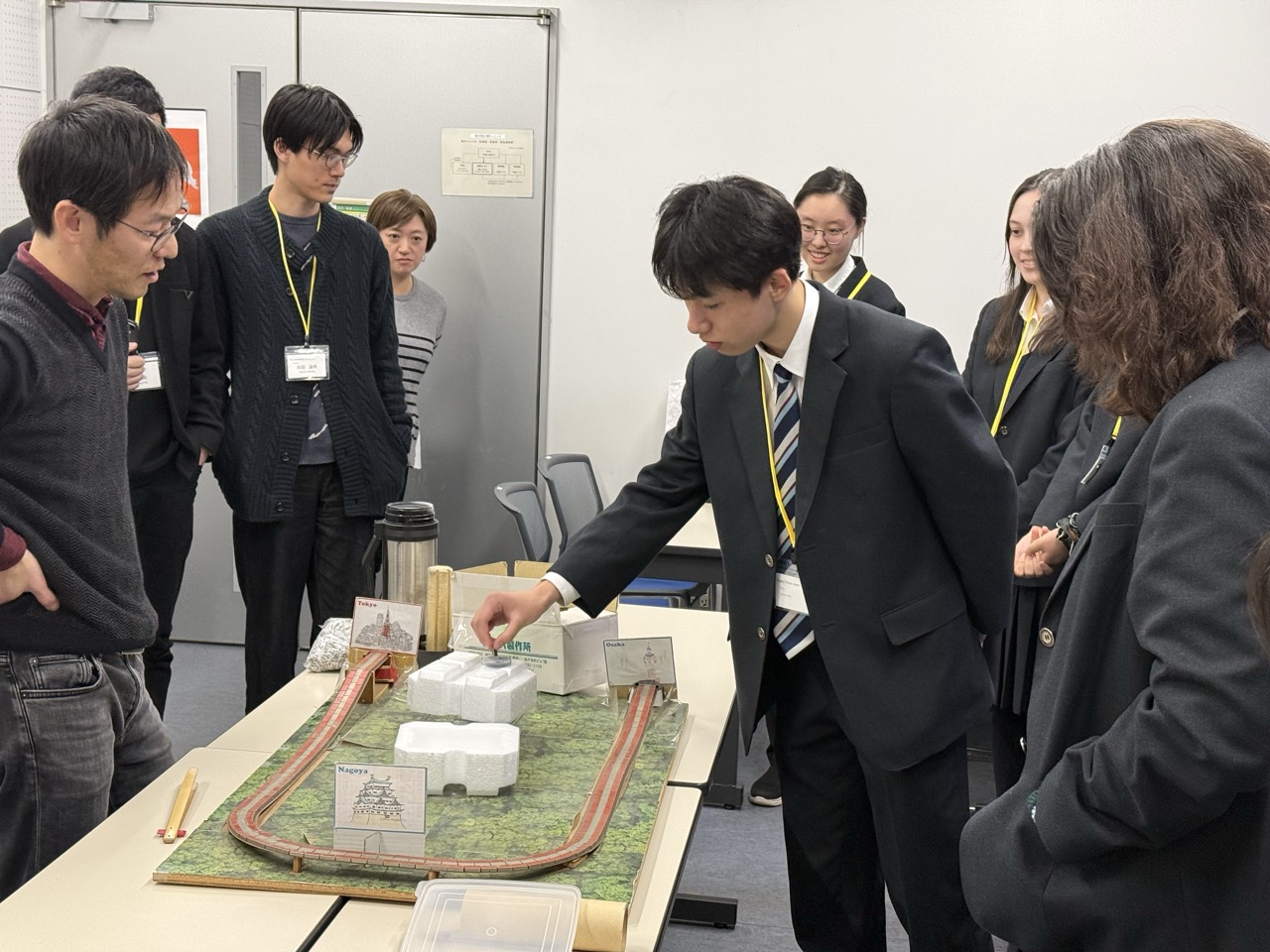A common issue in chemistry education is a decline in enthusiasm for the subject as pupils progress through their schooling. A 2019 survey of over 6,000 students in the UK found that 76% of pupils in Y7-9 reported finding science interesting compared to 68% of pupils in Y10-13.
There are many potential reasons for this:
- Research shows that practical work plays a key role in motivating pupils in science. As pupils progress through school, practical work can become less frequent as the focus shifts to theoretical concepts.
- Inevitably, chemistry becomes increasingly abstract and less hands-on: concepts like the electron configuration are much more difficult to understand compared to observable concepts like solids, liquids and gases.
- Many curricula place a heavy emphasis on rote learning and “teaching to the exam”, which students can find dull.
- Many schools do not take advantage of outreach programmes or resources available to develop pupils’ understanding of chemistry-related careers.
Here at RSJ, one of the ways the chemistry department aims to foster enthusiasm for chemistry is by encouraging curiosity and inquiry outside of a classroom-setting.
We do this in a number of ways, which include:
- In-school events, such as the inter-house chemistry competition and lectures led by external speakers
- Outreach programmes with universities
- External competitions and challenges.
We held our inaugural inter-house chemistry competition in November 2024. The competition was an excellent example of how in-school competitions outside of the classroom can generate excitement for a subject.
The competition involved 16 pupils from Y7-13, and consisted of two rounds: a theory round and a practical round. The theory round tested pupils’ knowledge on a range of chemical concepts, both within and beyond the curriculum (see below for two examples of questions). It was interesting to observe pupils’ excitement at knowing certain answers, or eagerness to learn once the competition was over. The practical round, which involved identifying some unknown compounds, generated a similar level of enthusiasm, and many pupils commented that they enjoyed the chance to apply their problem-solving skills.
| Example “Older” Question (Y10-13) |
| Match the oxides listed below to the correct statement.
carbon dioxide, chlorine dioxide, nitrogen dioxide, silicon dioxide, sulphur dioxide, titanium dioxide
|
| Example “Younger” Question (Y7-9) |
Identify the odd one out in each of these questions. Circle the correct answer.
|
Importantly, the competition was an opportunity for pupils to showcase their knowledge and to be celebrated for their curiosity. Pupils were encouraged to explore aspects of chemistry they do not necessarily encounter in the curriculum, or to make links between concepts they had studied. By creating these opportunities, the hope is that pupils’ interest and motivation in chemistry will grow.
External competitions and challenges provide a similar opportunity. At RSJ, A-Level pupils can take part in both the Cambridge Chemistry Challenge for Lower Sixth (C3L6) and the UK Chemistry Olympiad. Both competitions provide a high level of challenge, requiring application of concepts and skills that go well beyond the curriculum. Pupils who take part show a genuine interest in these concepts, attending preparation sessions run by the department, and increased motivation as they begin to master more complex skills.

Another way in which we stimulate pupils’ interest in chemistry is through lectures led by external speakers and outreach programmes with universities.
In the 2023-24 academic year, we were incredibly fortunate to be visited by Professor Maki Kawai of the National Institute of Natural Sciences (NINS), who gave our GCSE and A-Level students a lecture on single molecule spectroscopy. This year, we have a number of visiting speakers from the University of Tokyo. Most recently, we were visited by Professor Walker Peterson of Goda Lab, who spoke to our pupils about fluorescence spectroscopy and his company FlyWorks’ work with drosophila.
This week, the Year 12 scientists took part in a visit to the Department of Advanced Materials Science at the University of Tokyo. The visit involved a series of in-depth lab tours and is part of a growing partnership between UTokyo and RSJ. Pupils gained an insight into the interdisciplinary nature of materials science and had the opportunity to get a closer look at superconductors.


The purpose of activities like these is to expose our pupils to concepts beyond their current curriculum, and to give them an introduction to the type of science that takes place beyond school. Classroom-based learning is often constricted by the curriculum and with ensuring pupils are equipped with the skills and knowledge they need to succeed in their exams. It can be easy for both pupils– and teachers– to lose sight of the wider context of a subject, particularly one like chemistry. Exposure to current research and pathways into chemistry-related careers often provides pupils with renewed interest and motivation in the subject.
Chemistry plays a crucial role in fields such as medicine, environmental science, pharmaceuticals, and materials engineering—industries that drive innovation and improve lives. It is paramount that we maintain pupils’ enthusiasm in and uptake of chemistry to inspire the next generation of scientists, engineers and healthcare professionals to help shape a better future for our society.
Reference
Young People’s Views on Science Education: Science Education Tracker 2019, Wellcome Trust
